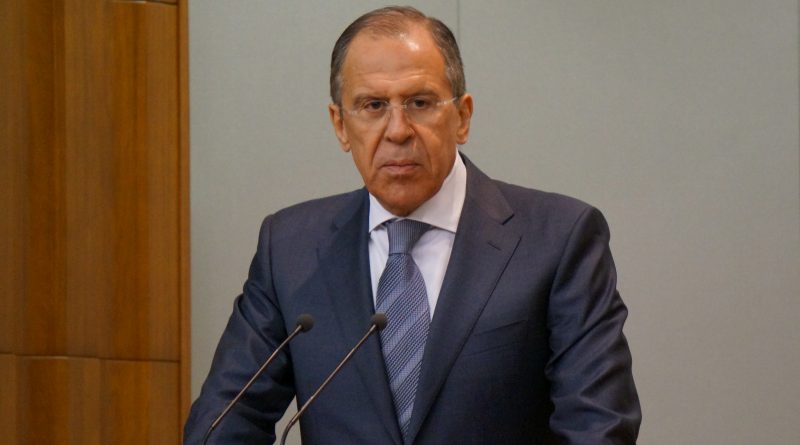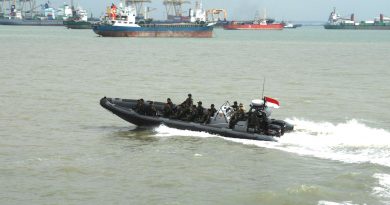Russia Ready to Mediate Turkey-Greece Conflict in East Mediterranean
Zachary J. Schullian
Staff Writer
Russia’s foreign minister Sergey Lavrov said on September 8 that Moscow is ready to help ease rising tensions over Turkey’s search for energy reserves in the eastern Mediterranean, and rejected any actions that could lead to further escalation, The Associate Press reports. The Associated Press cites Larov, stating “we would be ready to contribute to building good neighborly relations in the event this is requested of us by those involved,” and later adding that Moscow has repeatedly called on leaders in the region to “resolve these differences through dialogue and within a legal framework.”
According to Al Jazeera, the Turkish research vessel, Oruc Reis, returned to port on September 13, less than two weeks before EU leaders plan to discuss the crisis. Turkey said the vessel would resume work after regular maintenance, but a senior Turkish official said it could stay longer to give diplomacy a chance.
On September 11, Turkey criticized support of Greece and Cyprus by southern European Union nations in the dispute over gas exploration in the eastern Mediterranean as “blind,” imploring the nations to reverse their stance as to not diminish the chances of a resolution, Bloomberg reports. The core conflict lies in a legal basis regarding the definition of an exclusive economic zone (EEZ).
Greece and Turkey have drastically different notions of what constitutes an EEZ. In the third United Nations convention on the Law of the Sea (UNICLOS), a country’s exclusive economic zone is defined as 200 nautical miles from a country’s baseline. Within this zone, the coastal nation has sole rights over all the natural resources. Turkey, unlike Greece, does not adhere to the UNICLOS definition of an EEZ, and instead says that any island, including Cyprus, should only be entitled to a 12 nautical mile reduced EEZ.
According to Al Jazeera, Lavrov’s diplomatic offer came as Greece said it will bolster its military with new weapons, troops, and the development of its defense industry, amid concerns of open conflict between the two countries. Turkey and Greece were on the verge of resuming talks last month, following mediation by Germany, but Turkey broke off contact after Greece and Egypt signed a deal, which Ankara said violated its own claims.
Germany, which currently holds the EU presidency, has continued its diplomatic efforts, according to a Turkish official who spoke on condition of anonymity, and Turkey wanted to give those efforts a chance of success, Al Jazeera reports. Greek Deputy Foreign Minister Miltiadis Varvitsiotis spoke about Russia and the role it could play in the decision by the EU to impose sanctions on Turkey, saying to Greek City Times, “ I will tell you that in recent years the link between Greece and Russia has relaxed, especially after the diplomatic moves with the expulsion of Russian diplomats who served in Athens a few years ago and various other moves that have led to the need to re-approach to a more strong level.”
According to Al Jazeera, after nearly a decade of ongoing conflict in Libya, Turkey signed a maritime deal with Libya’s UN-backed government, extending its EEZ across the Mediterranean and granting Turkey access to areas in the region where large hydrocarbon deposits have been discovered. While the Libyan National Army and the eastern government, led by General Khalifa Haftar enjoys the support of France, Russia, and key Arab countries, the Tripoli-based government is backed by Italy, Turkey, and Qatar.
On January 9, 2020 Greece, Cyprus, and Israel signed a deal to build a 1,180-mile subsea pipeline to carry natural gas from the eastern Mediterranean’s rapidly developing gas fields to Europe, Reuters reports. More recently, in the last week of August, Greece signed agreements with Egypt and Italy, granting them maximum benefit from the resources available in an exclusive economic zone, including oil and gas reserves, Reuters further affirmed.


